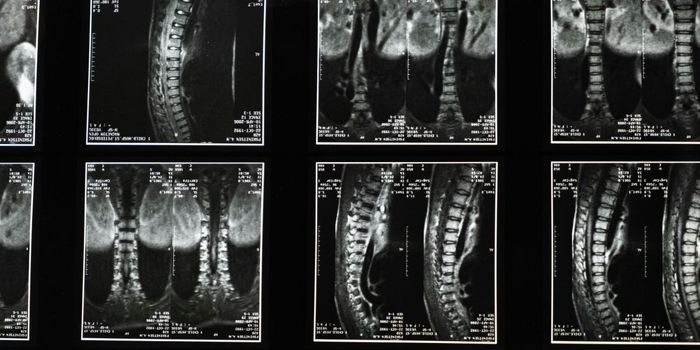Longer Sitting Times Linked to Developing Heart Disease
Longer sitting times has been associated with a higher risk of developing heart disease among overweight and obese women following menopause.
For the study, researchers recruited 518 women with an average age of 63 and an average body mass index (BMI) of 31kg/m2, with the clinical definition of obesity being anything above a BMI of 30. To understand whether their sitting habits correlated with their risk of developing cardiovascular complications, the researchers fitted each participant with accelerometers on their right hip for 14 days.
Tracking their physical activity as well as sitting times through the period, they coupled this data with a single blood test, to measure their blood sugar levels and insulin resistance. They also categorized the women according to Hispianic and non-Hispanic ethnic groups to understand whether ethnicity had an impact on cardiovascular risk.
In the end, they found that although post-menepausal Hispanic women sat an hour less per day than non-Hispanic women, each 15-minute increase in uninterrupted sitting among them was associated with 5% higher fasting blood sugar, a strong risk factor for diabetes. Meanwhile, each 15-minute increase in uninterrupted sitting time among non-Hispanic women was only associated with a 1% increase.
More than this, the researchers found that each additional hour of sitting time was linked with more than 6% higher fasting insulin and 7% increase in insulin resistance, another strong risk factor for both type 2 diabetes and cardiovascular disease.
Lead author of the study, Dorothy Sears, said, “The findings of this study build upon earlier research including our own, which showed, among older women, that too much time in sedentary behaviors was associated with higher risk for diabetes and heart disease. Reducing sitting time improves glucose control and blood flow, and engaging in physical activities, even light-intensity daily life activities like cooking and shopping, show favorable associations with reduced mortality risk and prevention of heart disease and stroke.”
She continued, “In addition, Hispanics are a population that is understudied with respect to health risks. Hispanic women may have genetic differences that may increase the negative effects that sitting has on blood sugar. Health care providers should encourage patients, including older adults, to reduce their sitting time, take breaks in their sitting time and replace sitting with brief periods of standing or light physical activity."
Sources: News Medical, EurekAlert and Healthline









